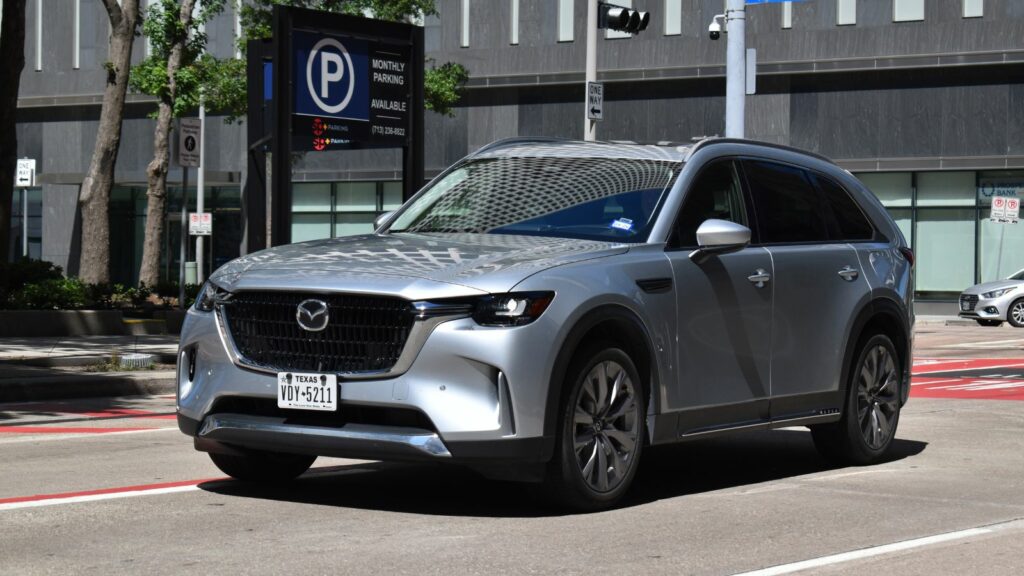Even dependable car names are not immune to recalls, as numerous vehicles beloved by Canadian drivers have quietly been involved in major safety recalls. From airbag defects to braking failures, engine shutdown risks, rearview camera glitches, or structural issues, some cars have triggered recalls that directly affect the safety of both drivers and passengers. Here are 21 popular cars that quietly had major safety recalls in Canada:
Nissan Rogue (2021–2024 VC‑Turbo)
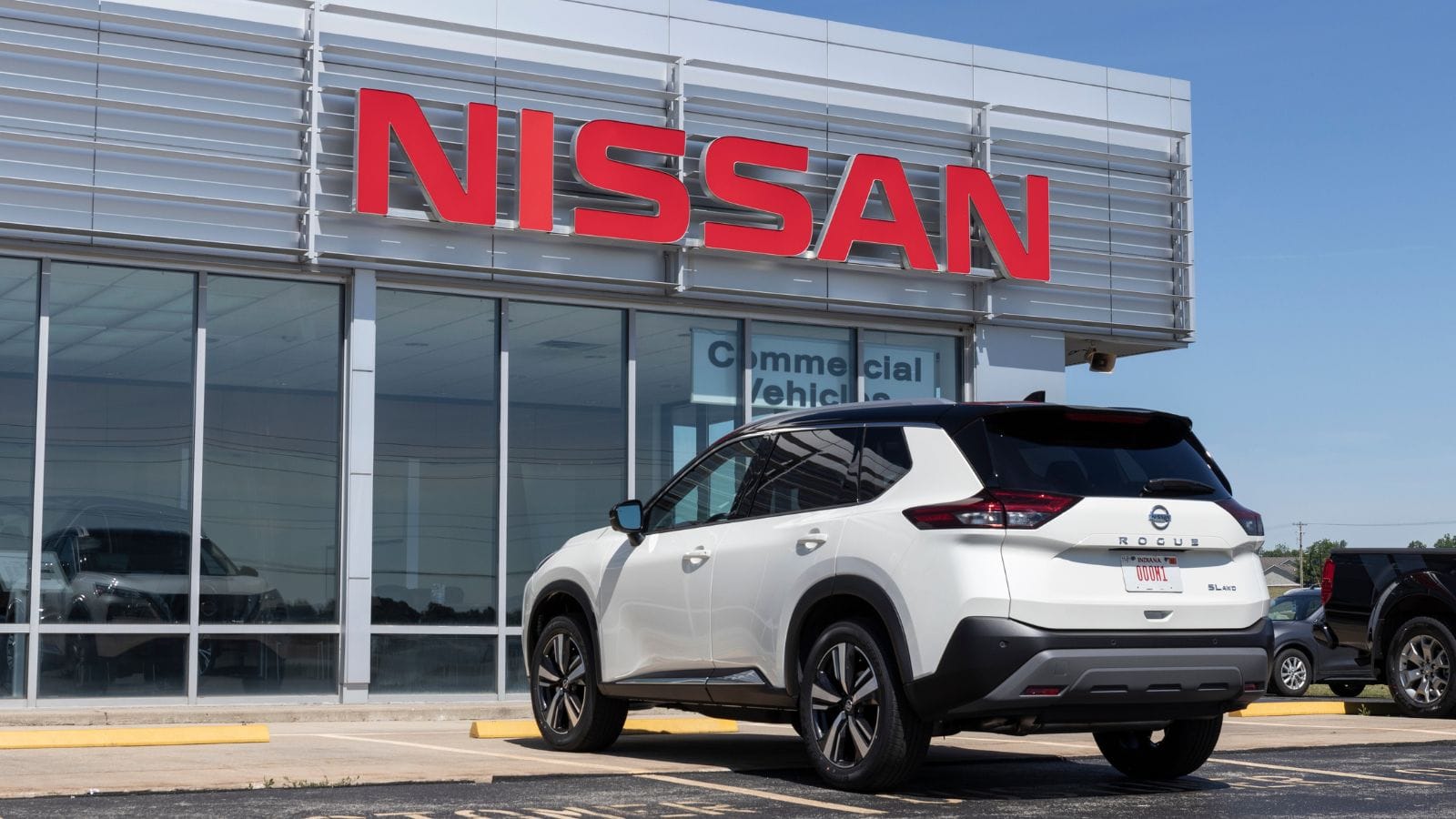
Approximately 37,800 units of the Nissa Rogue were recalled in Canada due to defective VC-Turbo engine bearings, which may lead to gradual engine damage and sudden failure, thereby increasing the risk of crashes. The recall affects Rogue model years 2021-2024 with either the 1.5L or 2.0L VC-Turbo engine. Dealers inspect engine pans and repair or replace affected components at no cost. Owners are advised to watch for abnormal noise or warning lights and schedule inspections promptly with Nissan service centres.
Toyota Corolla Cross Hybrid (2022–2024)
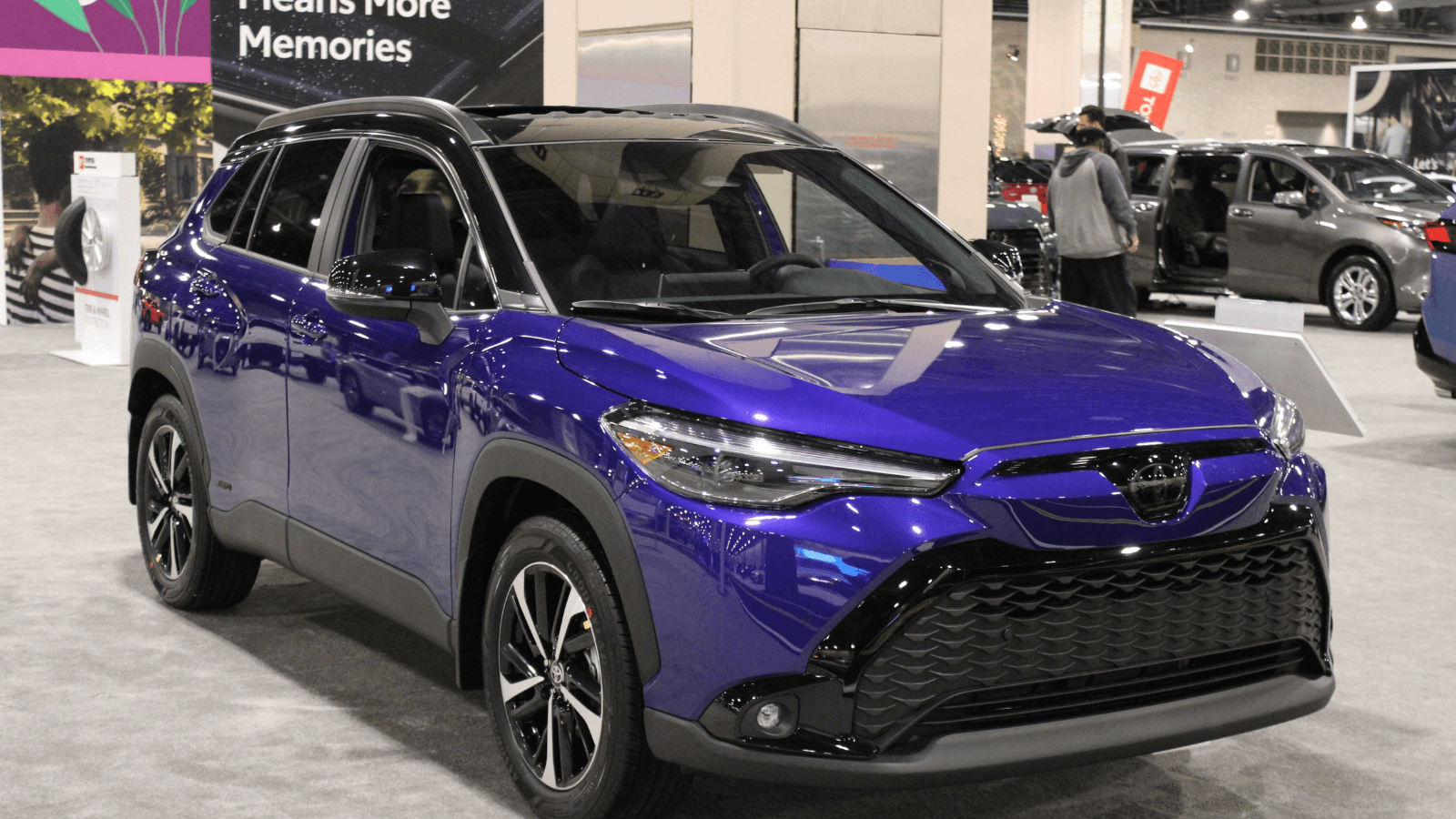
Approximately 9,000 Corolla Cross Hybrids in Canada were recalled due to an ECU software issue that could cause unexpected braking during turns, thereby increasing the risk of crashes. The recall affected vehicles built between June 2022 and September 2024, prompting Toyota to urge owners to have the skid control software updated free of charge. Although no injuries were reported, the braking anomaly could result in sudden deceleration at critical moments, particularly in urban driving, making it essential for Canadian owners to contact Toyota dealers immediately to verify and update the system.
Alfa Romeo Tonale PHEV & Dodge Hornet PHEV (2024–2025)
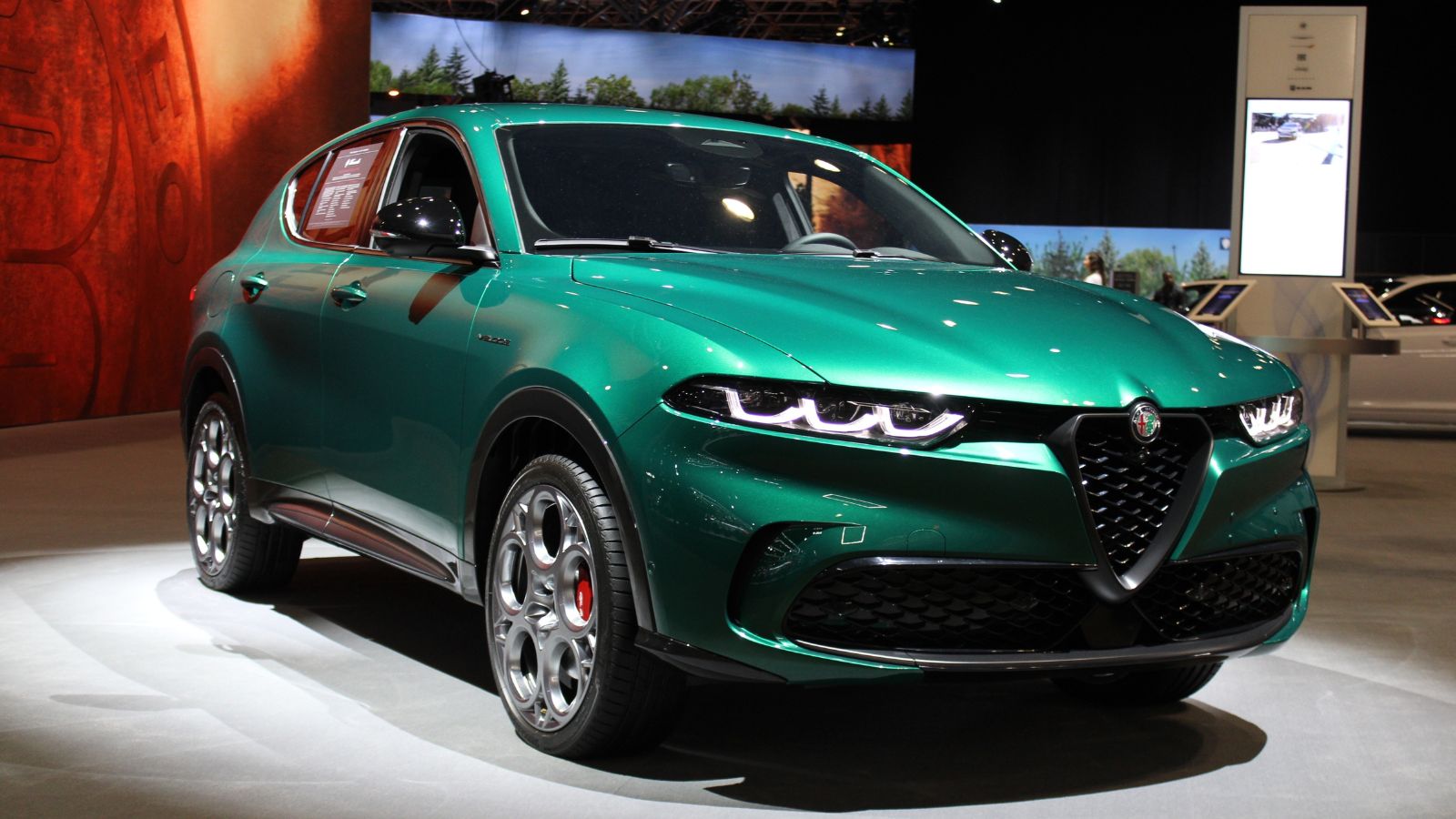
Approximately 2,280 Canadian plug-in hybrids, specifically the Alfa Romeo Tonale and Dodge Hornet, were recalled due to a potential defect in the brake-pedal assembly that could cause the pedal to disengage during braking. Stellantis reported fifteen global incidents, including one crash, and as a remedy, dealers will reinforce the pedal with added hardware. While the issue is rare, stopping power could be impaired if the brake pedal fails unexpectedly. Owners are encouraged to schedule the reinforcement procedure through a Stellantis service centre at no cost.
Ford SUVs & Trucks (Expedition, Explorer, Aviator, Navigator, others)
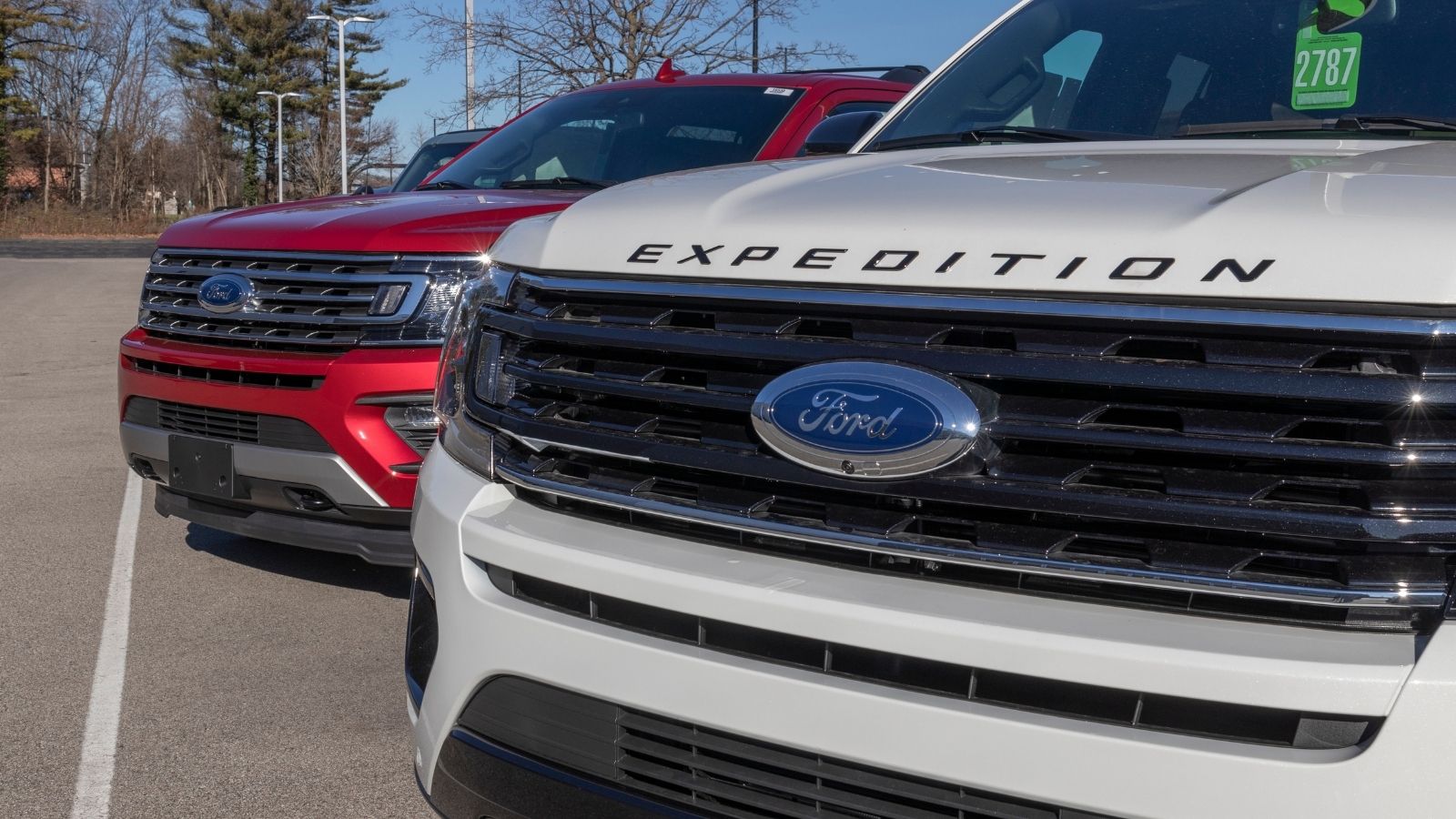
Ford issued a global recall affecting over one million vehicles, including popular SUVs like the Expedition, Explorer, Aviator, and Navigator, due to a software glitch that causes rearview cameras to freeze or fail when shifting into reverse. In Canada, drivers may experience impaired rear visibility when backing up; however, the solution is straightforward and critical for safer reversing and parking. IT requires an over-the-air software update or in-dealer install to restore camera operation.
Porsche Taycan (2022–2023) & Macan EV (2024–2025)

Approximately 9,735 Canadian Taycan owners have been affected by an airbag recall involving the passenger-seat occupant classification system, which may prevent airbag deployment in the event of a crash. Additionally, over 8,500 Macan EV units were recalled due to rearview camera malfunctions and moisture intrusion inside the camera housing. Dealers replaced seat cushions and updated software or camera modules accordingly, at no cost to owners, which prompted attention to these recalls and ensured the preservation of key safety systems in what are otherwise premium electric vehicles.
Chevrolet Cruze (2011–2014 Gen 1)
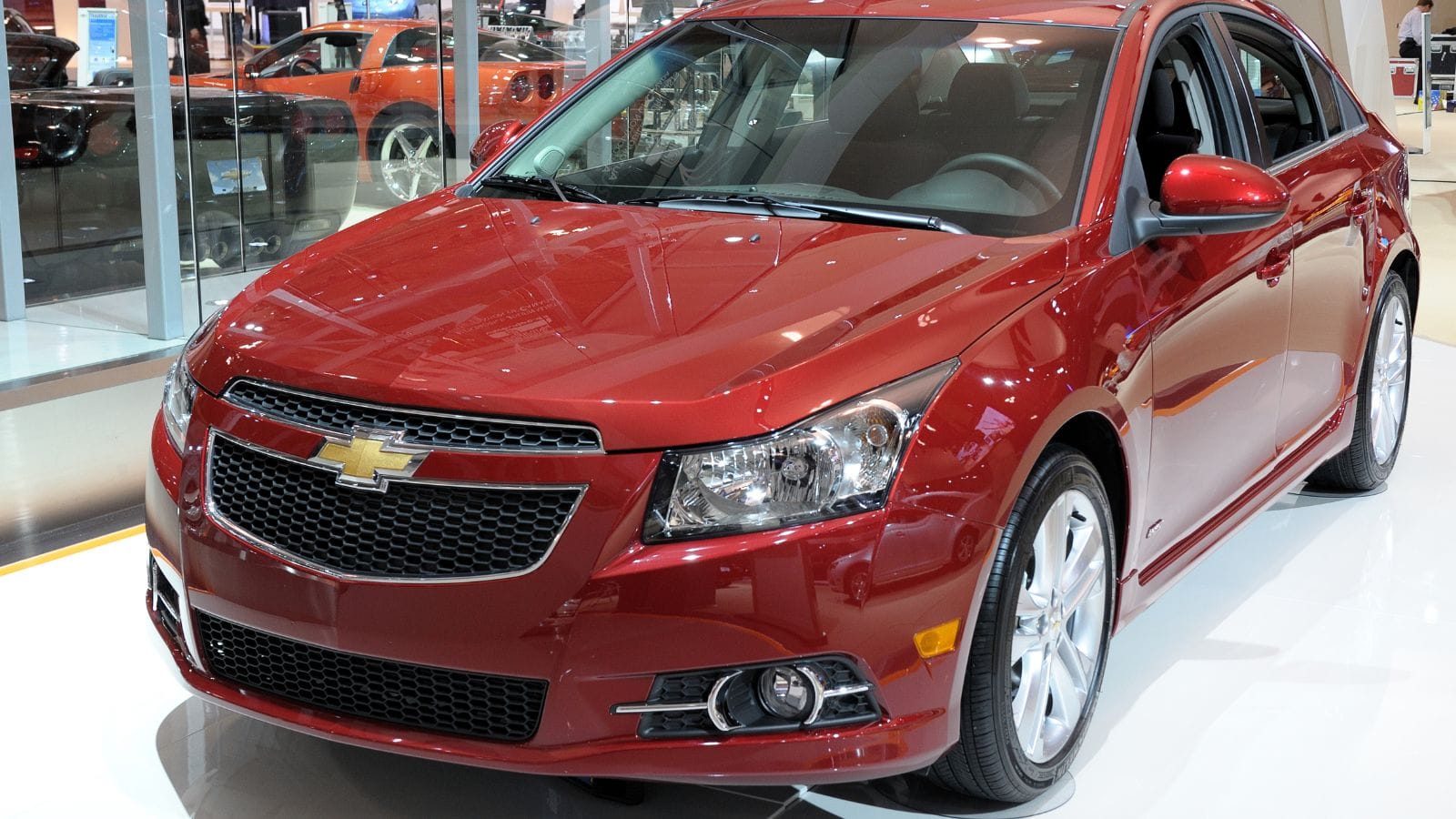
The first-generation Cruze was involved in multiple Canadian recalls, including those for steering wheel detachment, fire risk due to engine compartment fluid entrapment, and power brake failures that affected low-speed stopping. One recall addressed over 400,000 vehicles in Canada and the U.S. assembled at Lordstown, Ohio, due to fire risk. GM also recalled hundreds of thousands for brake assist microswitch defects. Although older, many Cruzes remain on the road in secondary markets. Canadian owners should check the VIN recall history and have any outstanding repairs completed.
Ram 1500/2500/3500 (2016–2020)
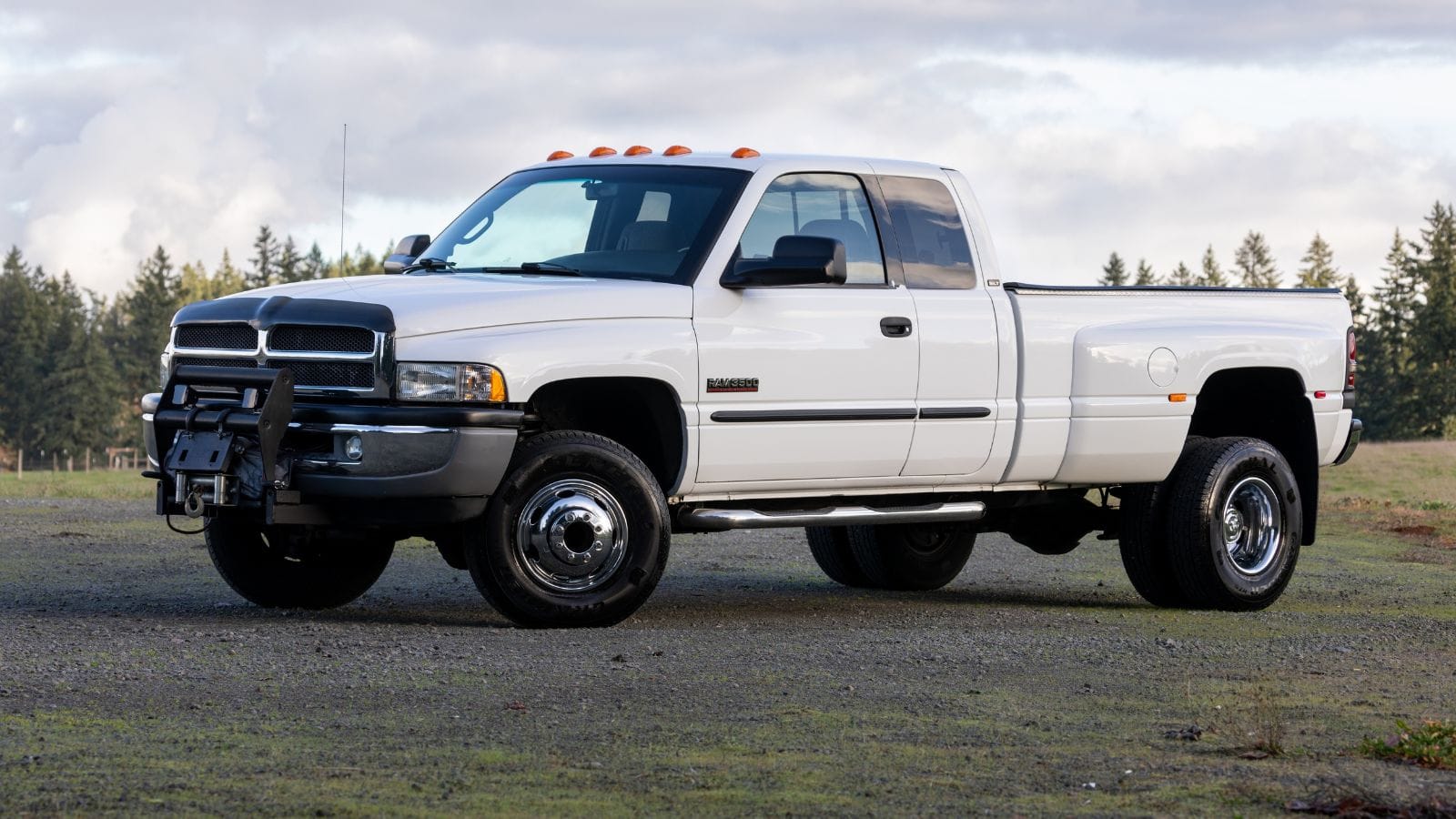
In Canada, approximately 1,393 Ram trucks were recalled due to defective side curtain airbag inflators that could rupture and release sharp metal fragments toward occupants, posing a serious injury hazard. Affected models span Ram 1500, 2500, and 3500 chassis-cab trucks from 2016 to 2019. Fiat Chrysler Automobiles (FCA) Canada initiated replacements of side curtain airbags free of charge; however, this safety issue highlights that even rugged work trucks can have critical design flaws that compromise occupant protection.
Jeep Cherokee (2017–2019)
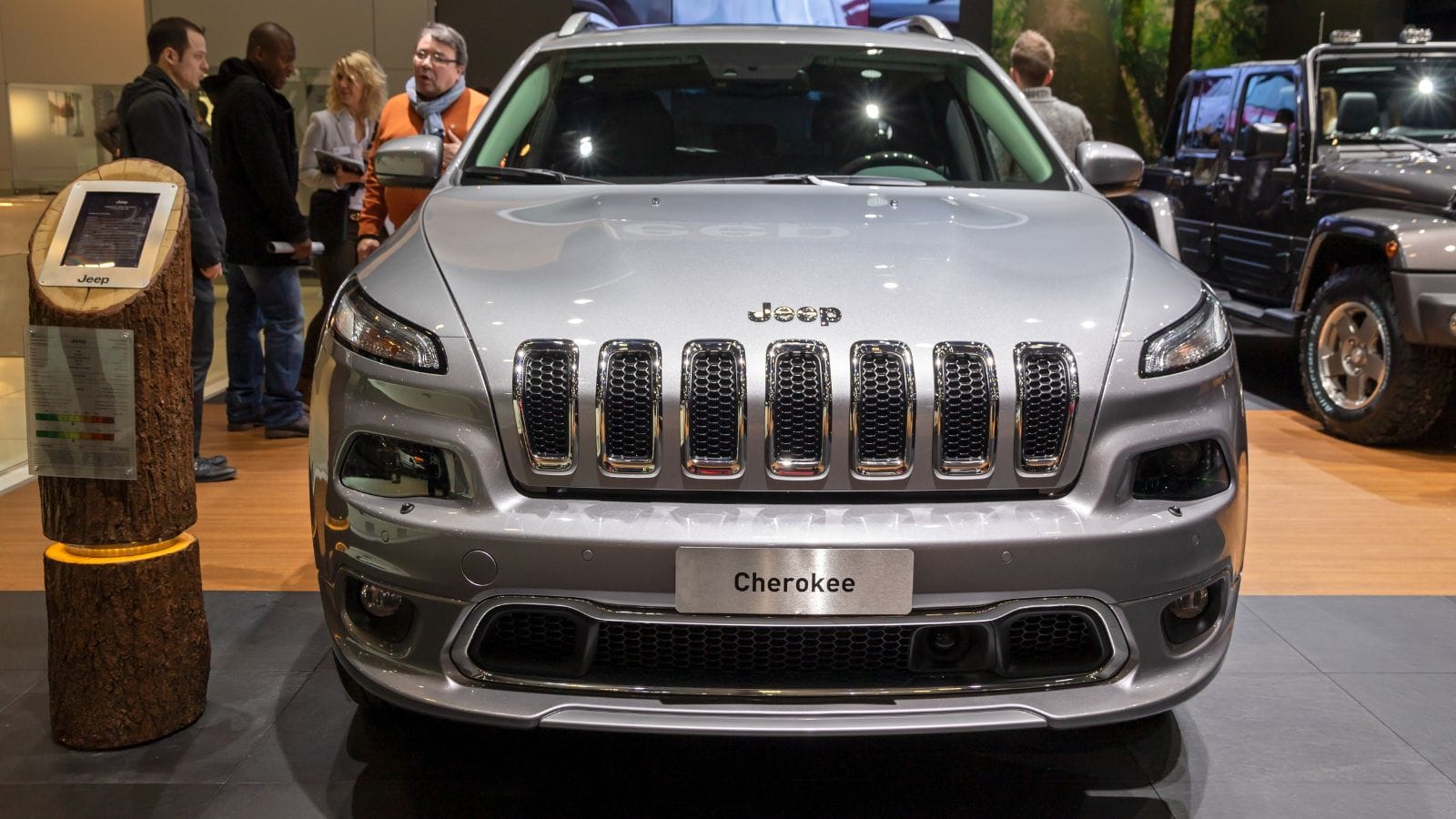
Approximately 19,733 Canadian Jeep Cherokee vehicles, primarily those manufactured from 2017 to 2019, were recalled due to a defect in the power transfer unit (PTU). Improper installation of a snap ring can lead to PTU failure, resulting in a sudden loss of wheel drive or unintended movement when parked without engaging the brake. Affected customers were notified and instructed to await a recommended fix once finalized, as this defect affects both driving stability and parking safety, especially on inclines or icy surfaces.
Kia Telluride (2020–2024)
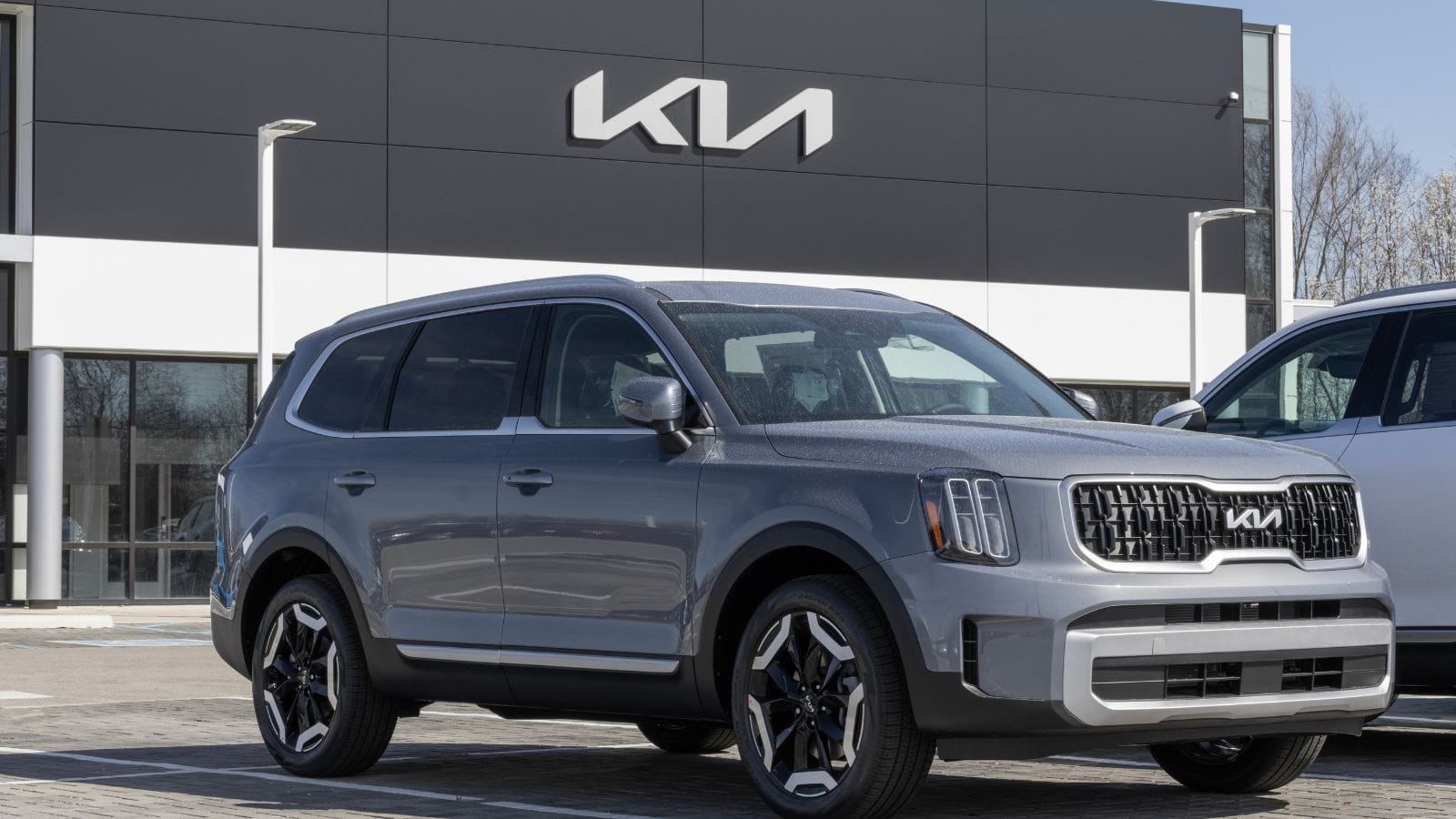
Canada alone had thousands of units recalled in 2024 for two separate risks, one involving unintended rollaway caused by improper assembly of the driveshaft assembly, and another linked to powered front seat motors overheating, posing a fire risk. Dealers conducted mechanical inspections, corrected driveshaft issues, and replaced seat motors as needed for the recall models from 2020 to 2024. Owners should verify their vehicle status via Kia Canada or Transport Canada and ensure service is completed promptly.
Tesla Model 3 & Model S/X/Y (2024–2025)
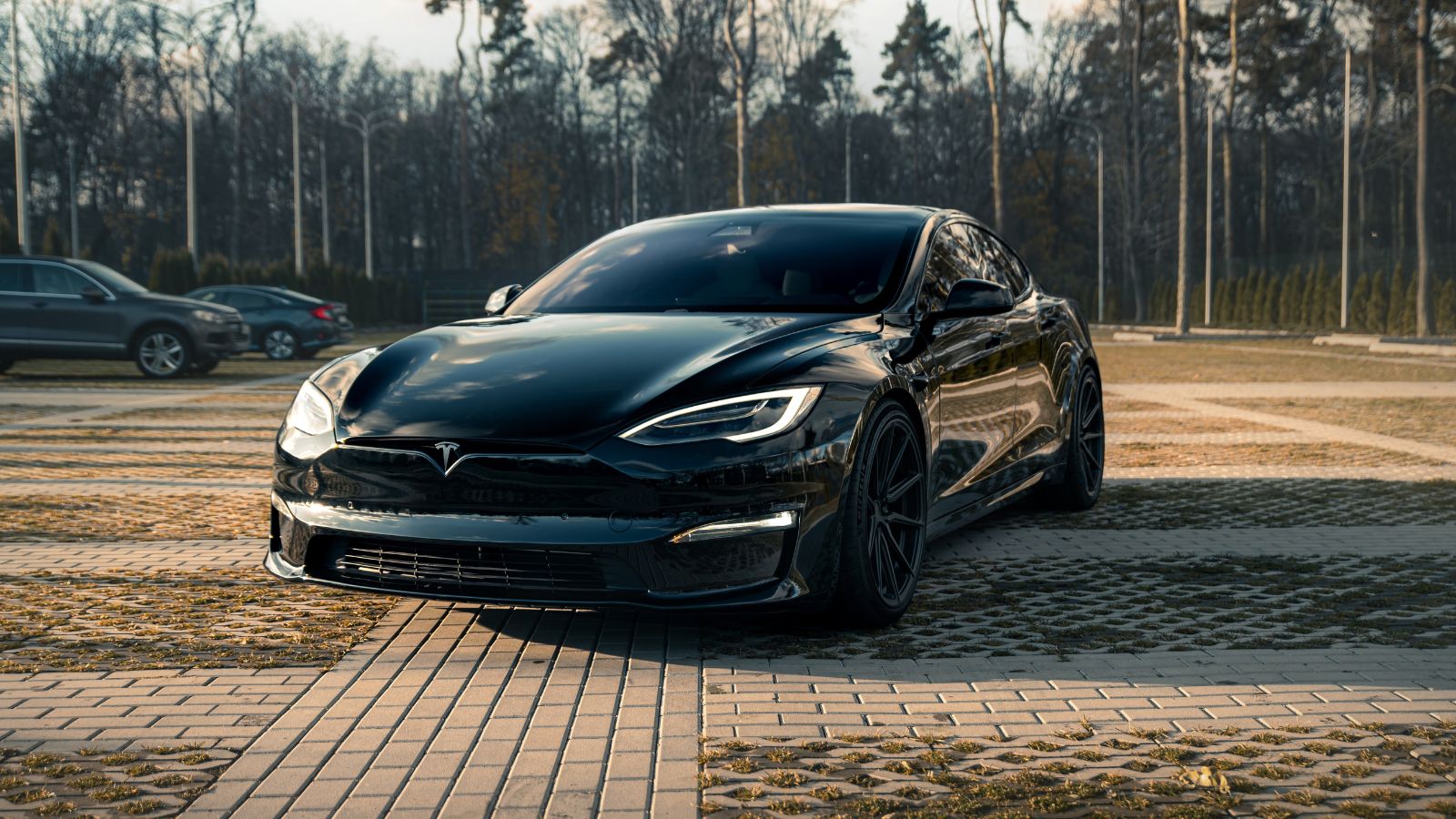
Approximately 24,733 Tesla vehicles in Canada, including the 2024-2025 versions of the Model 3, S, X, and Y, were recalled due to a circuit board defect that could cause rearview camera failure. Without proper camera function, reversing visibility is compromised, prompting Tesla to issue an over-the-air software patch to resolve the issue, with service center support available if needed. Owners should ensure the update is applied promptly to restore backup camera functionality and reduce rear‑collision risk.
Volvo Polestar 1 (2020–2021) & Polestar 2 (2021–2023)

In Canada, these Polestar models were recalled due to a software issue that caused the rearview camera to display a top-view image instead of the rear camera feed when reversing, posing a crash risk. The fix was delivered via over-the-air updates, and affected owners were mailed notices inviting them to check and apply the update. The recall underscores that even premium electrified vehicles can suffer from camera-related safety flaws that go unnoticed until drivers rely on parking assist systems.
BMW 5 Series (2020) / X3, X4 (2020–2021)
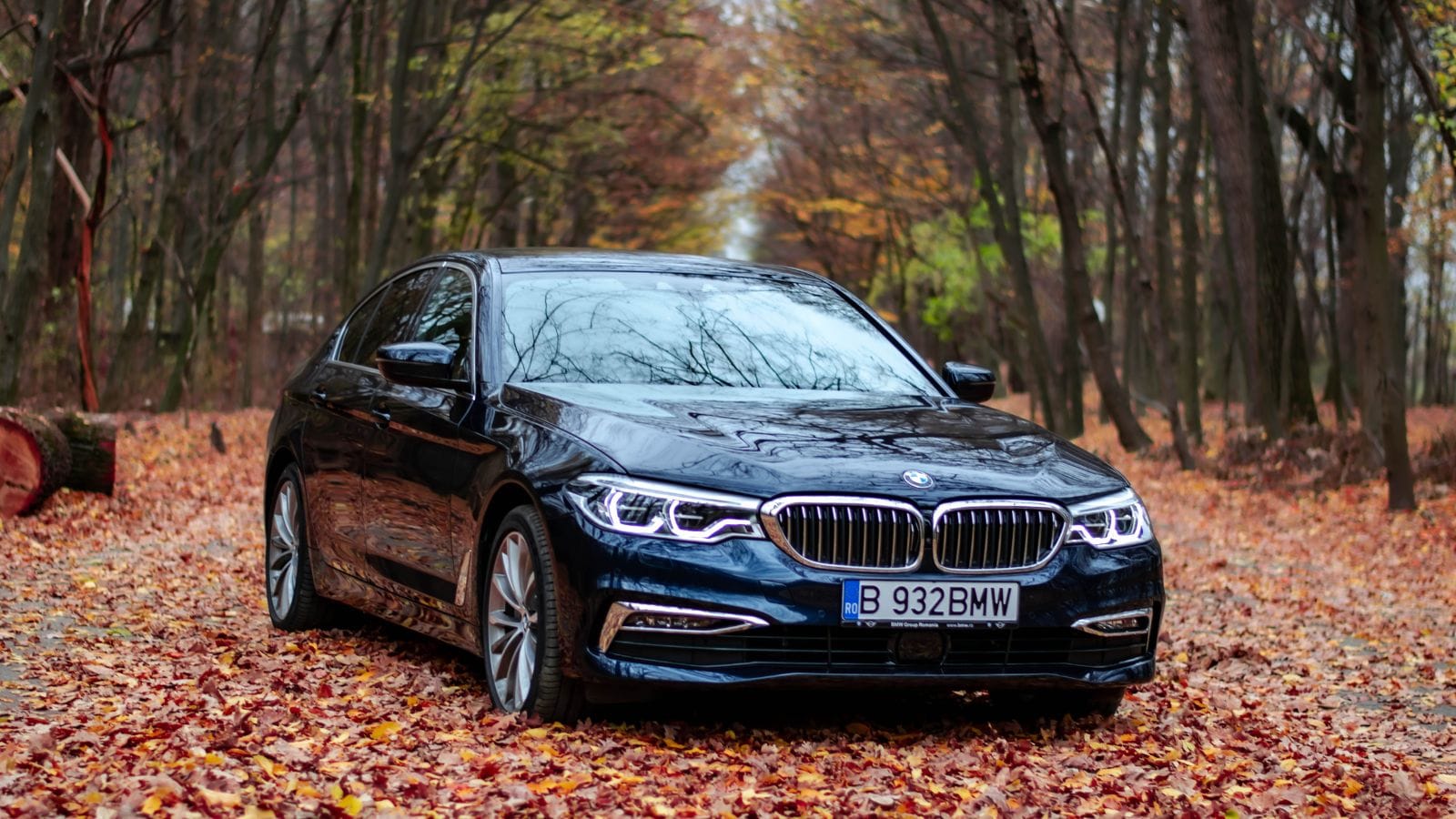
Transport Canada reported recalls for multiple BMW models, specifically the early-2020 5 Series and 2020–2021 X3/X4, due to issues with rearview camera image obstruction. The defect could block part of the driver’s view when reversing, increasing the likelihood of a crash, and dealers were instructed to inspect and update or repair the camera hardware or software as needed. Affected owners in Canada are advised to contact BMW Canada dealerships for inspection to ensure rear visibility is restored correctly.
Mercedes-Benz Sprinter 2500/3500 (2010–2016)
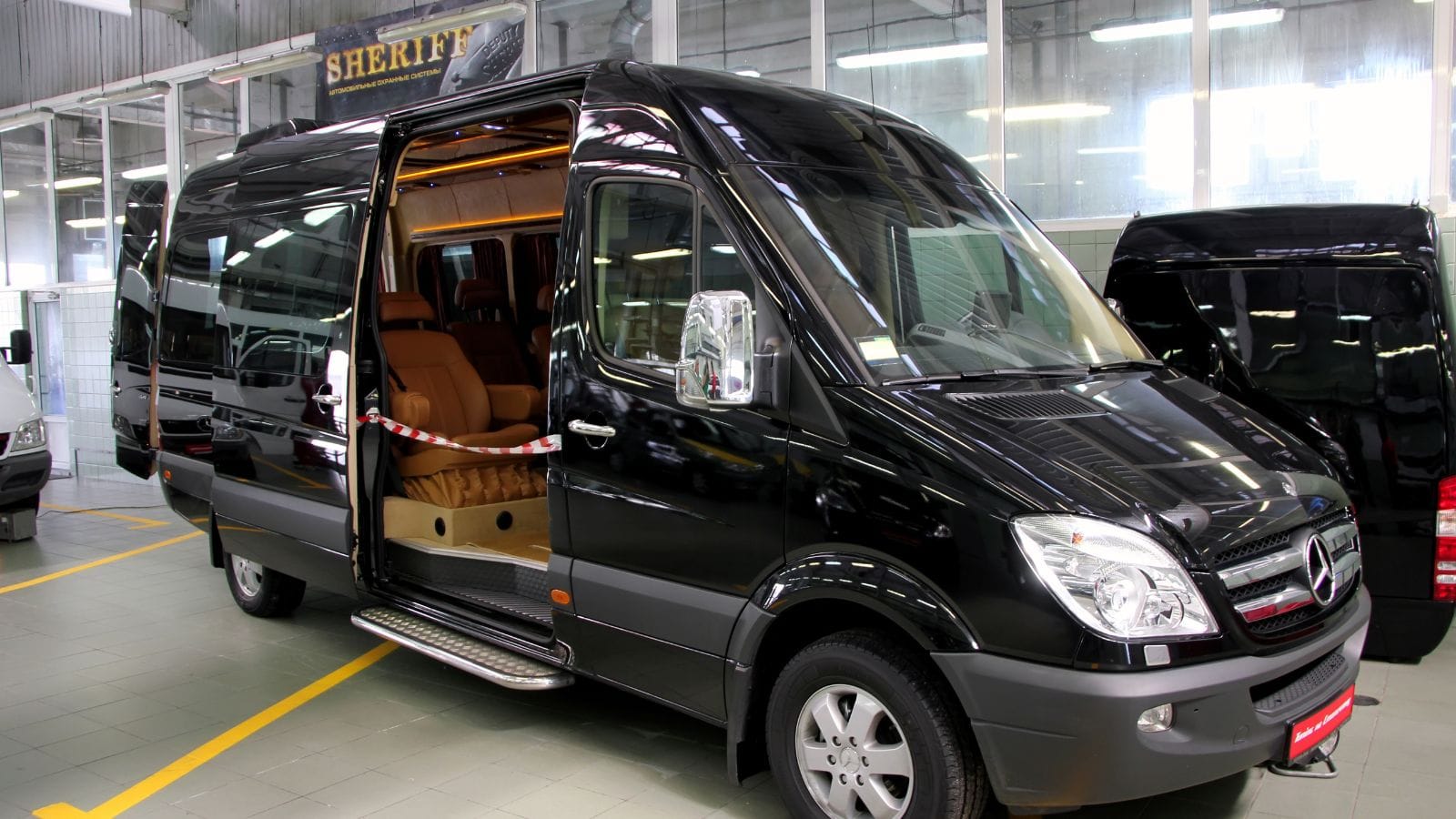
Over 66,000 recalled units in Canada are related to Takata airbag inflator defects. Mercedes-Benz recalled many Sprinter vans due to faulty inflators that could explode during deployment, ejecting metal fragments and causing severe injury or death. Replacement of airbags was mandatory, and according to Transport Canada records, these models were among the widespread Takata‐driven recalls from earlier this decade. Owners or fleet operators should verify the repair history and ensure that the correct airbags were installed to prevent unwanted accidents.
Honda & Acura Various Models (2001–2017)
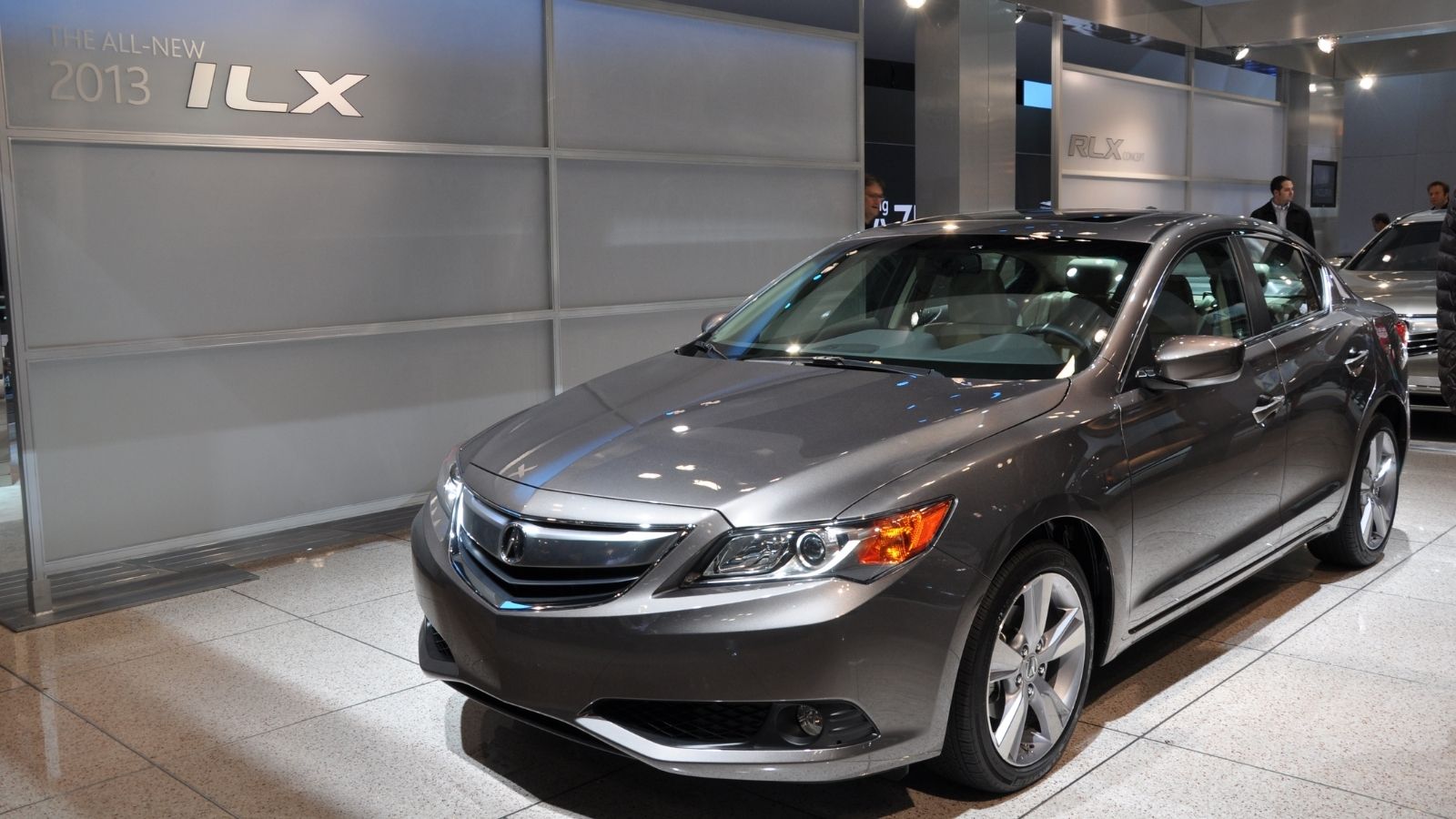
A wide range of cars and SUVs, including the Acura ILX, MDX, and RDX, as well as the Honda Accord, Civic, CR-V, Odyssey, and Pilot, were recalled in Canada over faulty Takata airbag inflators that could explode dangerously on deployment. Over millions of units across the years were affected, and retrofitting or replacement of impacted inflators was provided free of charge. Many units still exist on roads, especially in older fleets; therefore, owners should check VIN recall lookup tools to ensure this life-threatening defect has been addressed.
Nissan Sentra (2020–2022)
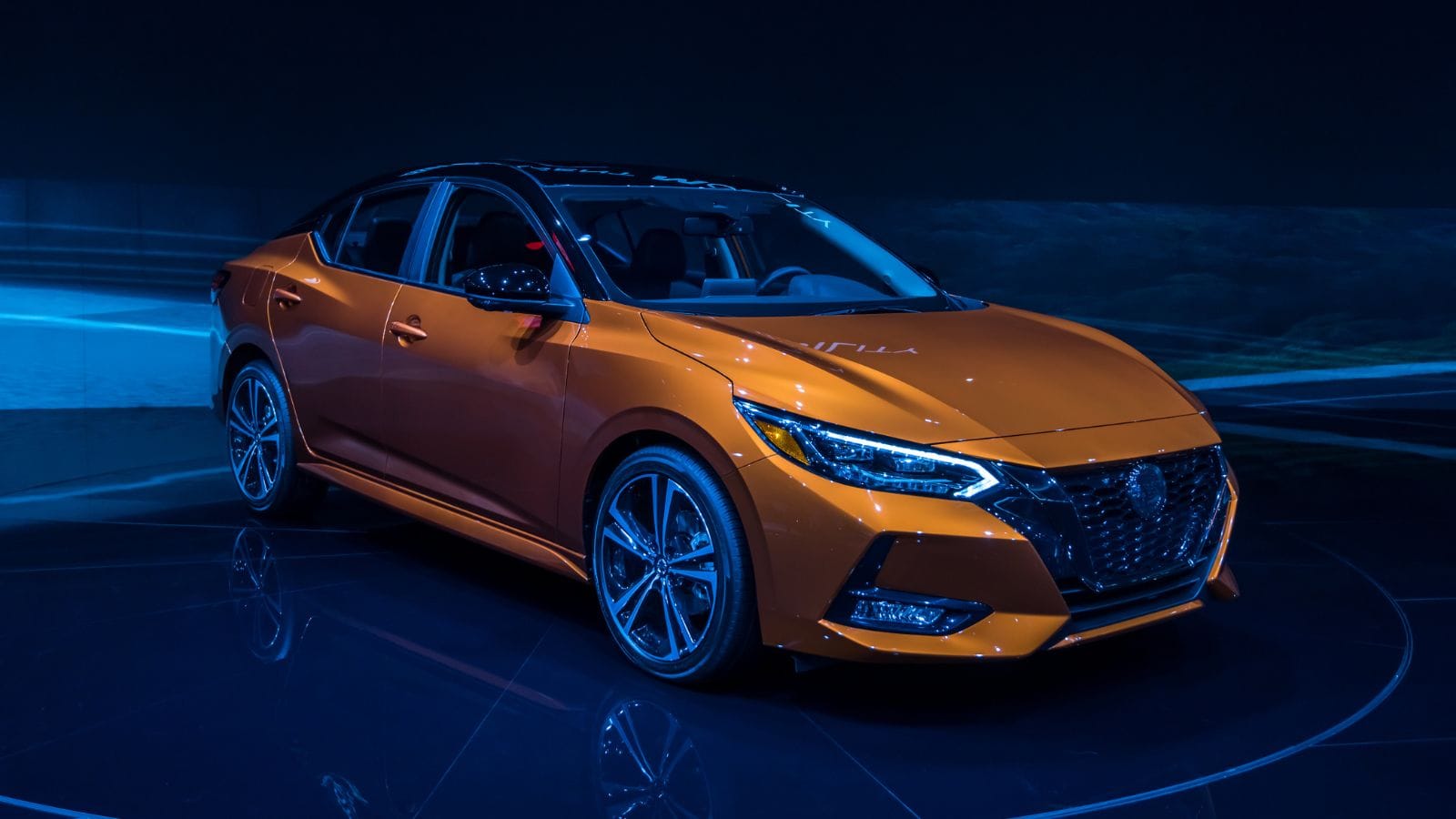
Specific Sentra models sold in Canada were recalled due to tie‑rod steering components that may bend or break after encountering potholes or curbs, potentially leading to partial loss of steering control. Although the number affected was relatively small, the risk of sudden steering failure poses a significant crash hazard. Nissan has notified owners and will replace tie rods when symptoms such as steering vibration or misalignment emerge. Those in colder provinces with frequent road damage should proactively check the recall status to ensure their vehicles are safe.
Hyundai Santa Fe Sport (2013–2018)

Hyundai has recalled 2013-2018 Santa Fe Sport vehicles in Canada due to potential rear parking assist sensor malfunctions that could cause overheating and ignition. Transport Canada flagged models with older sensor types vulnerable to fire risk, and dealers replaced sensors free of charge to eliminate the hazard. Although reported fire incidents were rare, the recall demonstrated how safety oversight extends beyond engine and suspension systems, especially in lightly scrutinized comfort technology.
Hyundai Palisade (2020–2022)
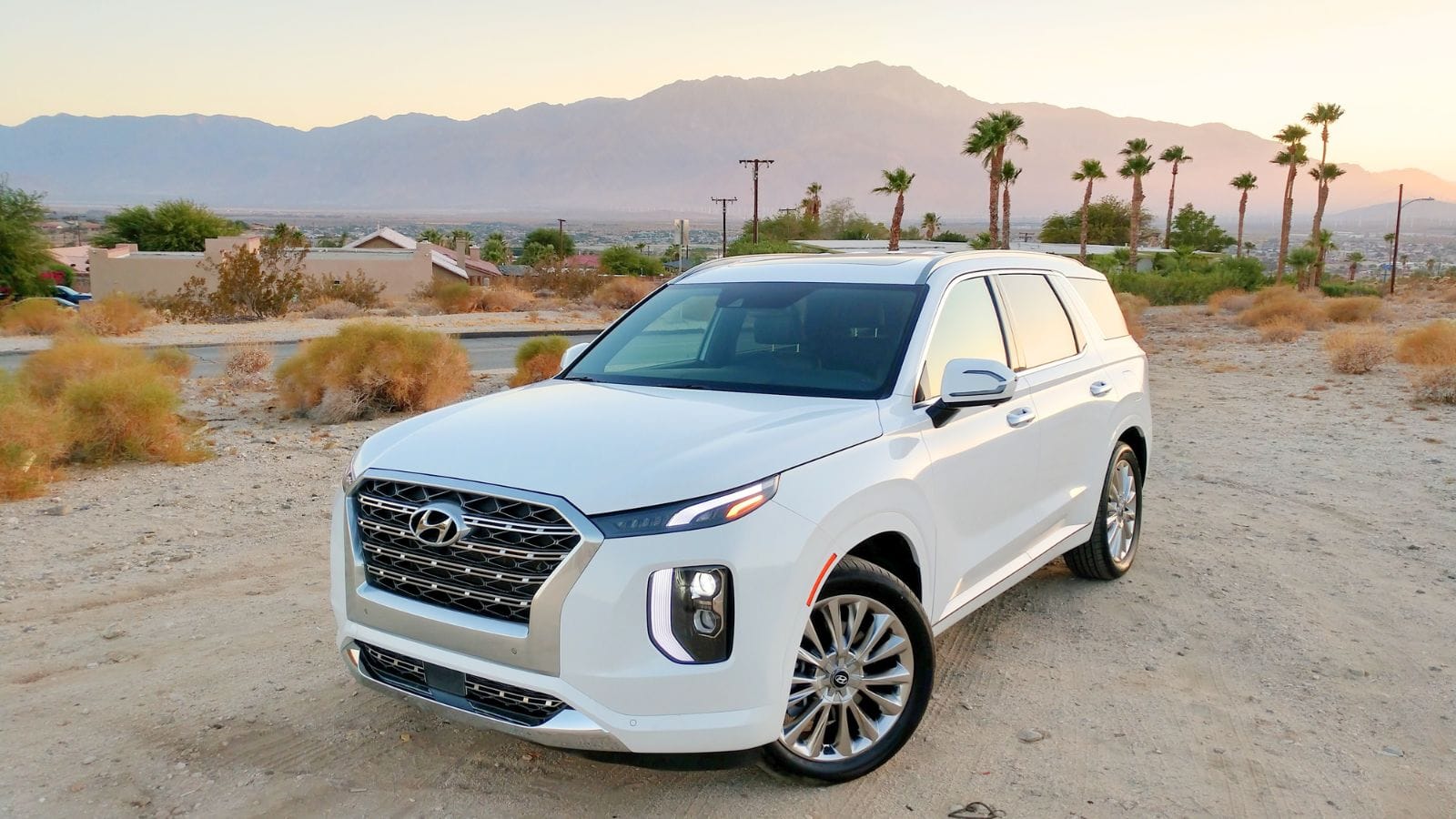
Similar to the Santa Fe recall, specific Hyundai Palisade models in Canada were recalled due to fires involving the trailer lighting module. A potential electrical defect could cause overheating in the tow circuit wiring, and dealers were instructed to inspect and replace modules to prevent fire. Given Canada’s high use of towing-heavy SUVs, this recall highlights the importance of proactive checks for hidden safety hazards in higher-end utility vehicles.
Kia Sorento (2016–2018 & 2024–25)
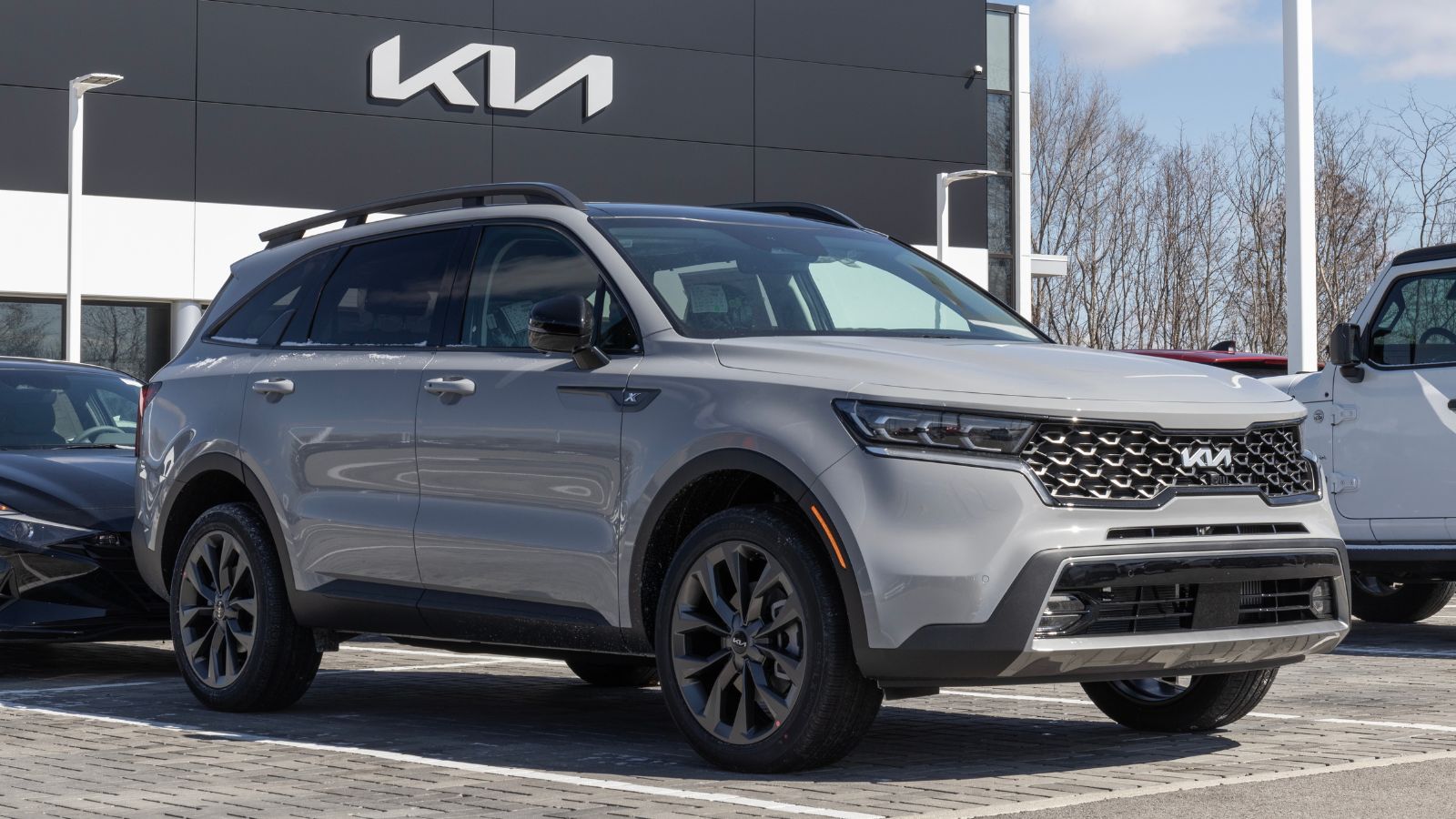
Two separate recalls affect Canadian Sorento owners, including older 2016-2018 models that experienced headlamp failures, impacting nighttime visibility, and the 2024-2025 hybrid variants that encountered headlamp/tail lamp software issues and brake system defects. Dealers performed updates and component replacements in both cases because headlamp loss during driving significantly increases crash risks, especially at night. Affected owners must confirm recall service completion through Kia Canada or Transport Canada records to ensure their vehicle’s lighting systems function reliably.
Jeep Grand Cherokee (2022–2024)
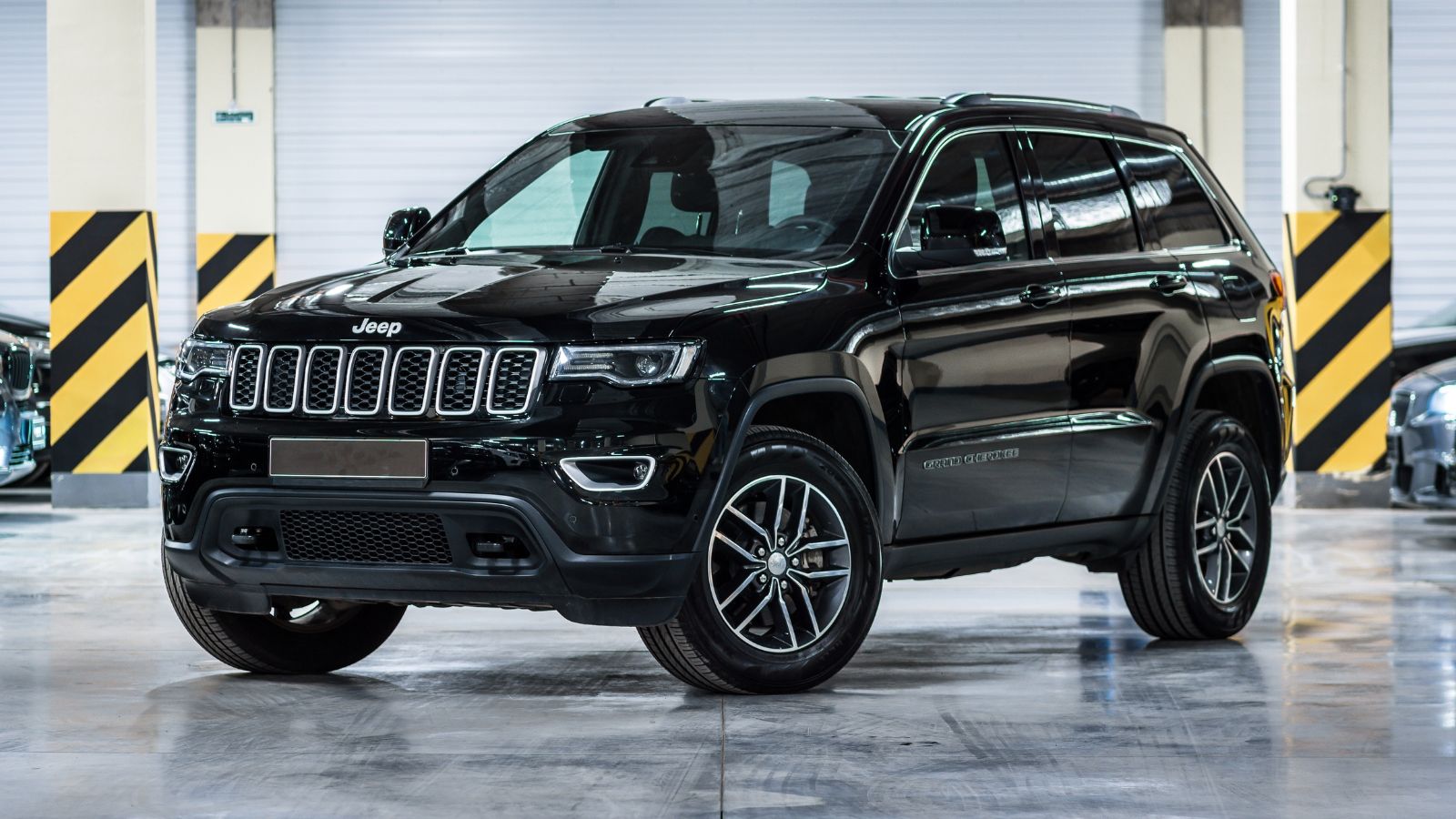
The Grand Cherokee models from 2022 to 2024 underwent at least 14 recalls globally, including rearview camera software failures that prevent the display from showing when reversing. Additional recalls covered braking and electrical faults, while Canadian dealers continue to apply iterative fixes, from software patches to hardware replacements, to correct these critical systems. As one of Canada’s most popular midsize SUVs, the affected units mean drivers should monitor recall notices and schedule updates promptly to maintain safety during reversing and parking maneuvers.
Volkswagen ID.4 (2022–2024)
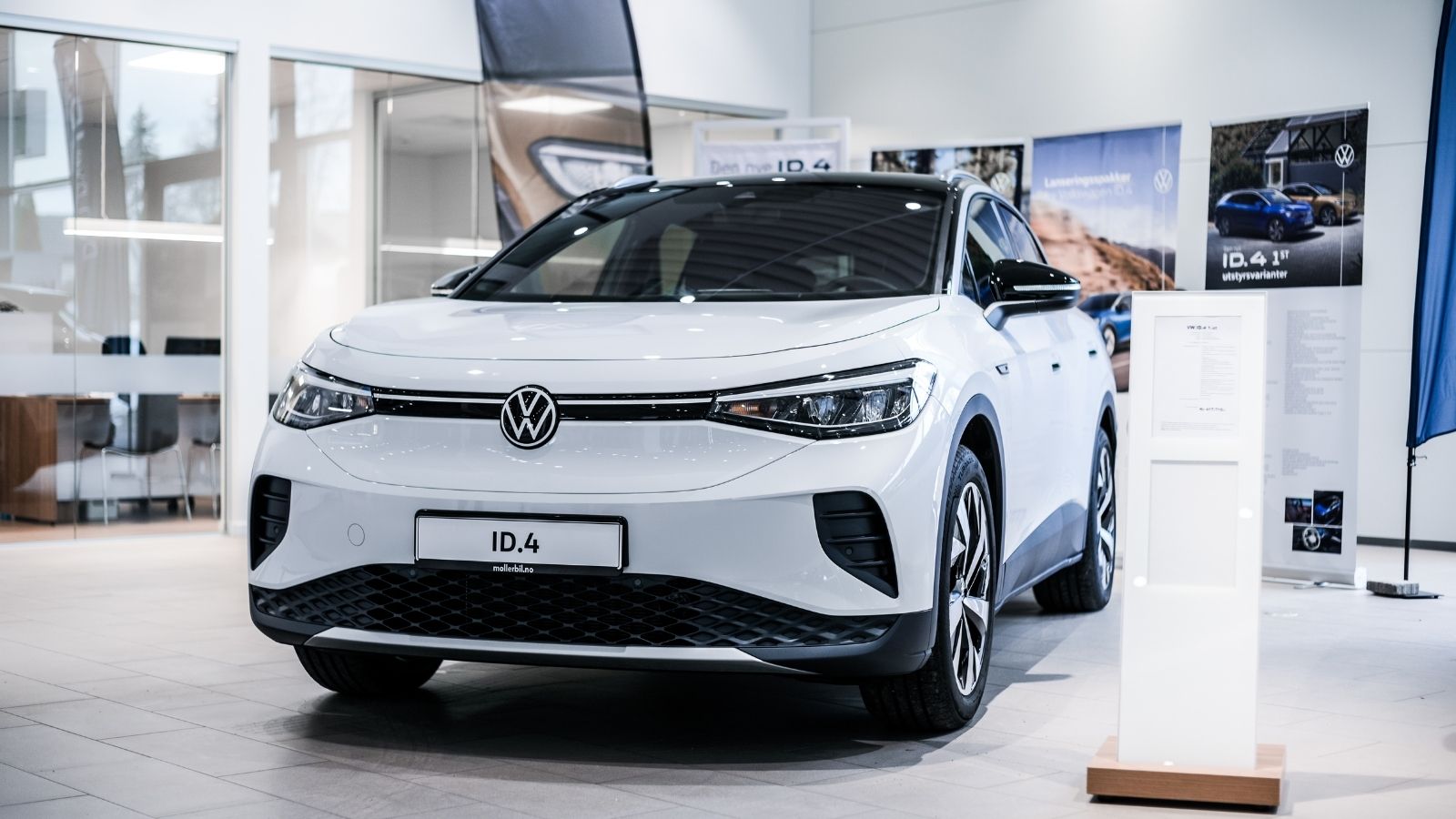
VW’s electric compact SUV has been recalled a dozen times in recent years, including for rearview camera failures when shifting into reverse. Dealers in Canada replace the camera control units to restore visibility, and with EV adoption increasing, this highlights that high-tech vehicles aren’t immune to fundamental safety flaws. A non-working backup camera is a serious oversight for urban and suburban drivers alike. Owners should check the recall history via the vehicle’s VIN and ensure that authorized Volkswagen service providers took corrective actions.
Mazda CX‑90 (2024)
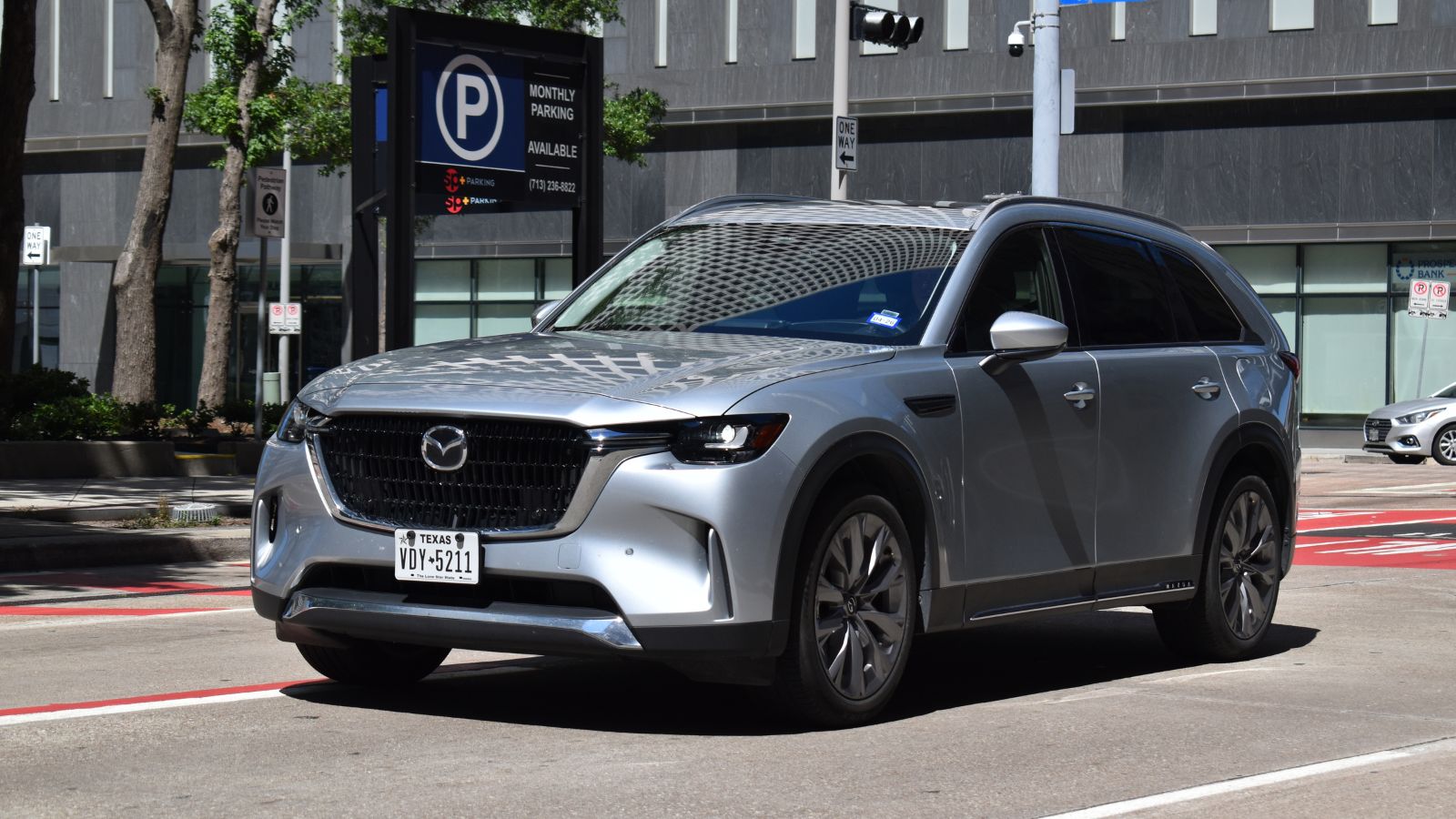
For 2024 Canadian models, Mazda identified a software issue in the dash electrical supply unit that affects the windshield defroster, seat belt reminder, 360-degree camera, and high-voltage battery cooling systems, all of which are critical for driver awareness and safety. Dealers will update the module to resolve the issue. Failure to address these defects could impair visibility, emergency warnings, or battery thermal management. As a flagship SUV in Mazda’s lineup, the CX‑90 recall reminds buyers that new doesn’t guarantee problem-free, and routine recall checks are essential even for fresh models.
21 Products Canadians Should Stockpile Before Tariffs Hit

If trade tensions escalate between Canada and the U.S., everyday essentials can suddenly disappear or skyrocket in price. Products like pantry basics and tech must-haves that depend on are deeply tied to cross-border supply chains and are likely to face various kinds of disruptions
21 Products Canadians Should Stockpile Before Tariffs Hit
